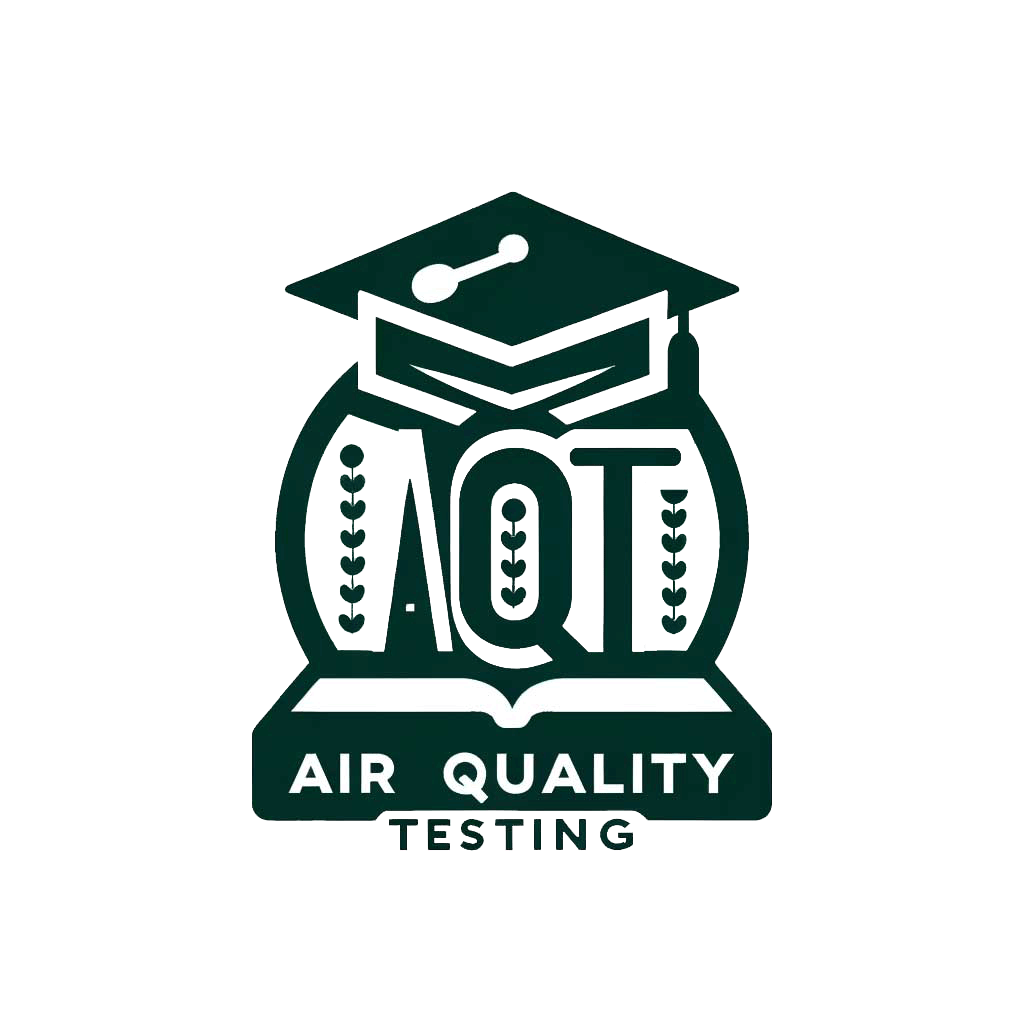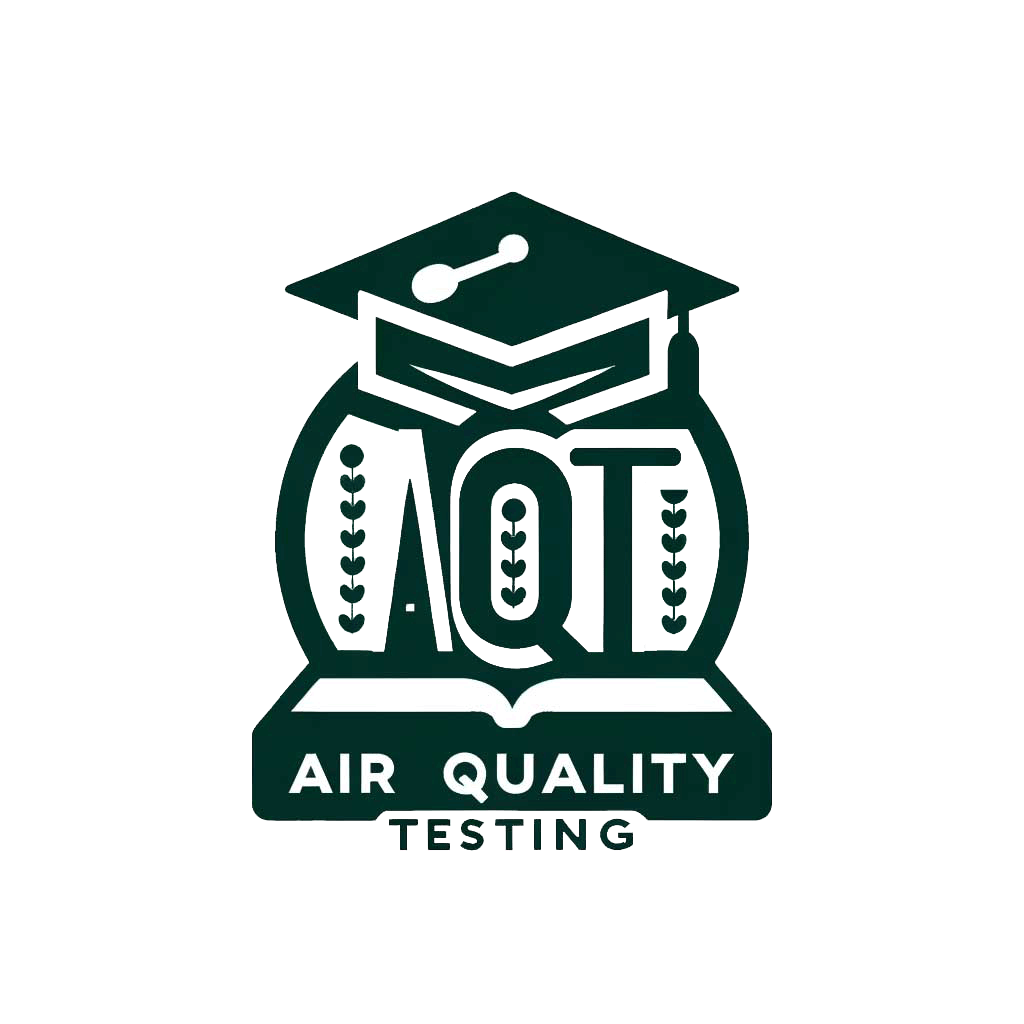Comparison Guide


Compliance and Industry Regulations - Understanding Local Regulations and Certifications for Duct Cleaning Professionals
Gaining an understanding of local regulations and certifications required for duct cleaning is a critical aspect of ensuring compliance and professionalism for air duct cleaning professionals. This comprehensive learning material highlights the significance of adhering to local guidelines, outlines the benefits of understanding regulations, and provides insights into strategies for navigating local requirements and certifications.
1. Significance of Understanding Local Regulations:
Local regulations and certifications ensure that duct cleaning professionals operate within legal boundaries and uphold high standards of service quality and safety.
2. Local Regulations and Certifications:
Different regions may have specific regulations and certifications governing air duct cleaning practices, safety standards, and environmental concerns.
3. Benefits of Adherence:
Adhering to local regulations and obtaining necessary certifications demonstrates professionalism, minimizes legal risks, and instills client confidence.
4. Legal and Safety Compliance:
Understanding local regulations helps professionals avoid legal penalties and ensures safety protocols are in place for technicians, clients, and property.
5. Customer Trust and Reputation:
Clients are more likely to trust professionals who are knowledgeable about local regulations and who follow best practices in accordance with these rules.
6. Environmental Considerations:
Local regulations may include guidelines on waste disposal, air quality standards, and environmental protection. Complying with these regulations benefits both clients and the environment.
7. Alignment with Community Values:
Adhering to local regulations demonstrates a commitment to community values and responsible business practices.
8. Licensing and Permits:
Certain regions may require licensing or permits for air duct cleaning operations. Understanding these requirements is essential to avoid disruptions.
9. Research and Familiarization:
Conduct thorough research to understand the specific regulations and certifications applicable to your area. Stay updated on any changes or additions.
10. Consult Local Authorities:
Engage with local authorities or regulatory bodies to clarify any uncertainties and ensure full understanding of the requirements.
11. Certification Training:
Seek certifications specific to your locality, as they demonstrate proficiency in meeting local standards and can enhance your professional credentials.
12. Regular Compliance Assessment:
Regularly assess compliance with local regulations through self-audits or third-party assessments to ensure ongoing adherence.
13. Networking with Local Professionals:
Connect with other local air duct cleaning professionals to exchange insights, experiences, and updates about regulations and certifications.
In summary, understanding local regulations and certifications required for duct cleaning is essential for operating legally and professionally. Adhering to these requirements not only ensures compliance but also enhances client trust, business reputation, and the overall integrity of the industry in your area.
frequently asked questions
Why is it important for air duct cleaning professionals to understand local regulations?
Understanding local regulations ensures legal compliance and upholds high standards of service quality and safety.
What are local regulations and certifications in the context of duct cleaning?
Local regulations encompass rules and certifications specific to a region that govern air duct cleaning practices, safety standards, and environmental considerations.
What benefits do professionals gain from adhering to local regulations?
Adherence demonstrates professionalism, minimizes legal risks, and instills client confidence in the quality and safety of services.
How do local regulations contribute to legal and safety compliance?
Understanding and adhering to local regulations help professionals avoid legal penalties and ensure safety protocols are in place for all parties involved.
Why does adherence to local regulations build customer trust and reputation?
Clients trust professionals who demonstrate knowledge of and adherence to local regulations, reflecting responsible and ethical business practices.
What are some environmental considerations related to local regulations?
Local regulations may include guidelines on waste disposal, air quality standards, and environmental protection, benefiting both clients and the environment.
How does adhering to local regulations align with community values?
Compliance demonstrates a commitment to community values and responsible business practices, fostering positive relationships with local stakeholders.
Do professionals need licensing or permits for air duct cleaning operations in some regions?
Yes, certain regions may require licensing or permits for air duct cleaning operations, and professionals should understand these requirements to ensure smooth operations.
How can professionals stay updated on local regulations and certifications?
Thorough research, consultation with local authorities, and staying informed about any changes or additions are key strategies.
Why is certification training important in relation to local regulations?
Certifications specific to your locality demonstrate proficiency in meeting local standards, enhancing your professional credentials and credibility.



 NADCA
NADCA 


